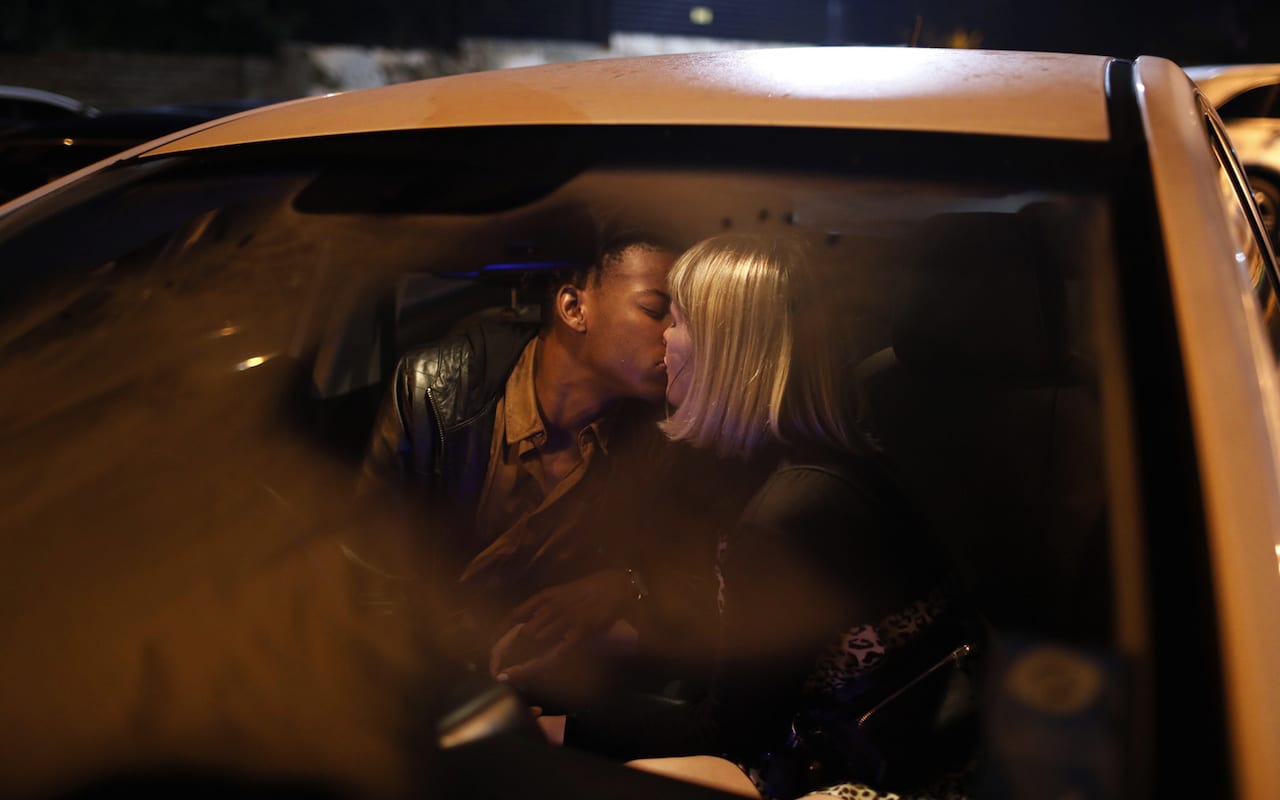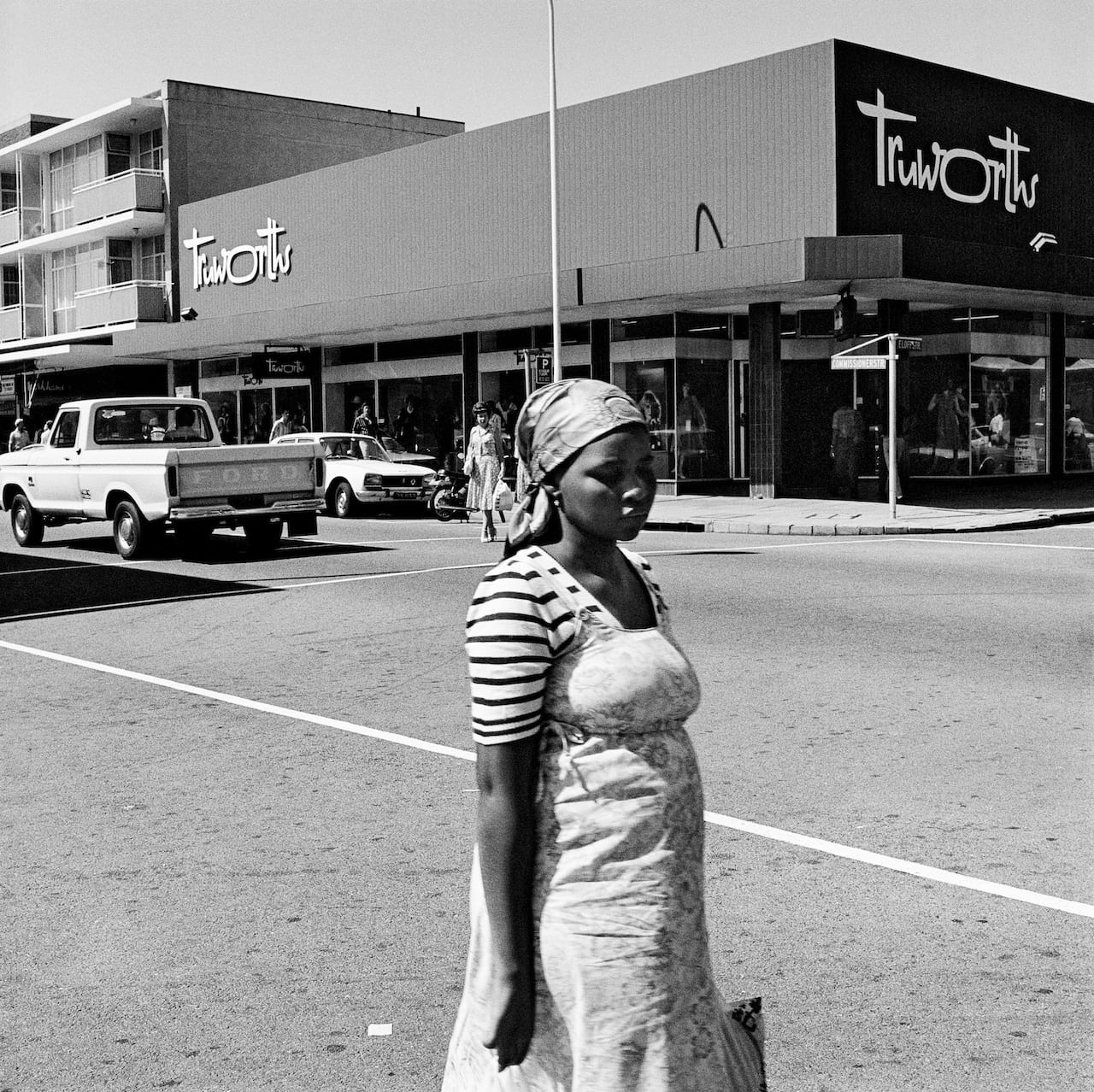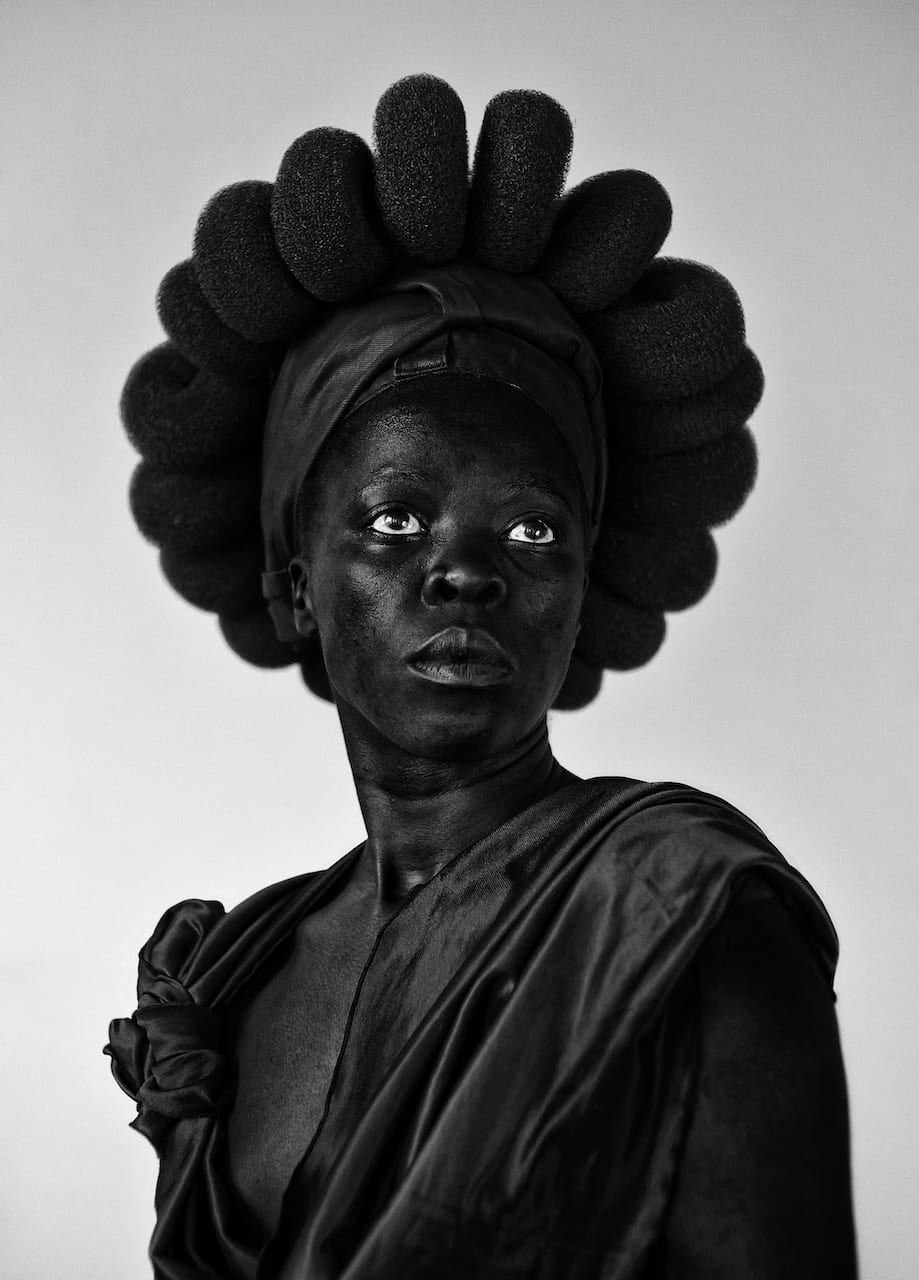Twenty five years have passed since apartheid ended and Nelson Mandela became president. Ilvy Njiokiktjien’s decade-long project documents the opportunities and challenges faced by the children of the “rainbow nation”


Twenty five years have passed since apartheid ended and Nelson Mandela became president. Ilvy Njiokiktjien’s decade-long project documents the opportunities and challenges faced by the children of the “rainbow nation”

“I became interested in photography in the late 1940s and began to look at magazines such as Life, Look, and Picture Post,” David Goldblatt told Colin Pantall, writing for BJP in 2013. “In the early 1950s, I tried to become a magazine photographer. I sent my pictures to Picture Post and got rejected. Then, when the African National Congress became active in their struggle against apartheid, Tom Hopkinson, the editor of Picture Post, contacted me and asked if I could make something. So I went to an ANC meeting and photographed everything I saw. That was in 1952.
“I shot and I shot and I shot and then I realised that I was using a long roll of film – film that had failed to engage on the sprocket of the Leica I was using. It was an incredibly basic mistake. But the other thing I realised was that I wasn’t really interested in what was happening around me.
“After the ANC meeting, I discovered I had to understand what I was competent in and what I was interested in. That took some years to probe, until I could get to the underbelly of the society that underlay South Africa. And to understand it visually, I also had to get a grasp on the history of the country. So I did a degree, which included courses in English and economic history. This taught me how to think and understand what was happening around me.
“My father died in 1963. I was 32 with three children and a family, but I sold the shop [the family business] and, with a couple of Leicas and the capital to keep on going for a year, I became a full-time photographer.”

“I’m reclaiming my blackness, which I feel is continuously performed by the privileged other,” says South African photographer Zanele Muholi. Born in 1972 in Umlazi, a township close to Durban, Muholi defines herself as a visual activist using photography to articulate contemporary identity politics. In her latest series, Somnyama Ngonyama: Hail the Dark Lioness, she uses her body to confront the politics of race and representation, questioning the way the black body is shown and perceived.